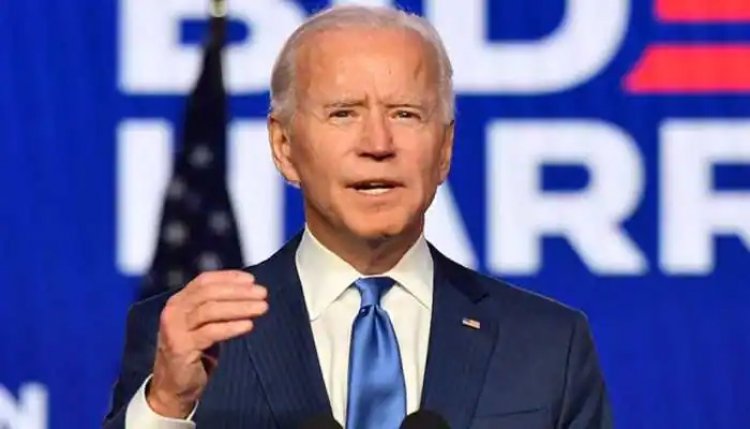India - US: Biden Nominee’s Views on India Acquiring Russian S-400 Missile Defence Systems
STORIES, ANALYSES, EXPERT VIEWS

President Joe Biden's nominee for Coordinator for Sanctions Policy, James O’Brien, has told lawmakers the US has made clear to India that it is "discouraging" it from proceeding with its acquisition of S-400 missiles defence systems from Russia but Washington will have to weigh "important geostrategic considerations" while taking a decision on growing calls for a presidential CAATSA waiver to New Delhi.
In October 2018, India signed a USD 5 billion deal with Russia to buy five units of the S-400 air defence missile systems, despite a warning from the then Trump administration that going ahead with the contract may invite US sanctions.
The Biden administration has not yet clarified whether it will impose sanctions on India under the provisions of the Countering America's Adversaries Through Sanctions Act (CAATSA) for procuring the S-400 missile systems.
CAATSA is a tough US law that was brought in 2017 and authorises the US administration to impose sanctions on countries that purchase major defence hardware from Russia.
India and Turkey: different security partnerships
Following the US sanctions on Turkey over the procurement of S-400 missile systems, there were apprehensions that Washington may impose similar punitive measures on India. Russia has been one of India's key major suppliers of arms and ammunition.
"I believe they are very different circumstances, and, of course, different security partnerships -- but how do you believe we should think about the possibility of sanctioning our friends and not just threats?" Senator Todd Young asked O'Brien, a former career employee of the State Department.
Russia, China factors
In response, O'Brien said it was difficult to compare the two situations, with a NATO ally that is breaking with legacy defence procurement systems, and then with India, a partner of growing importance, but that has legacy relationships with Russia.
"The administration has made clear that it is discouraging India from proceeding with the acquisitions of Russian equipment, and there are important geostrategic considerations, particularly with (unintelligible) relationship to China. So, I think we have to look at what the balance is," he said.
"India is a vital ally in our competition against China, and thus, I believe we should resist taking any actions that might drive them away from us and the Quad. I am therefore strongly supportive of waiving CAATSA sanctions against India, given our shared foreign policy interests," he said.
"As most here know, the Indians have a lot of legacy systems from previous decades, and they are interoperable with the Russians' systems. And the Indians seek to defend their land border from Chinese incursions and defend the Indian Ocean from an increasingly adventurous and lawless blue ocean navy in the People's Liberation Army," he said.
















